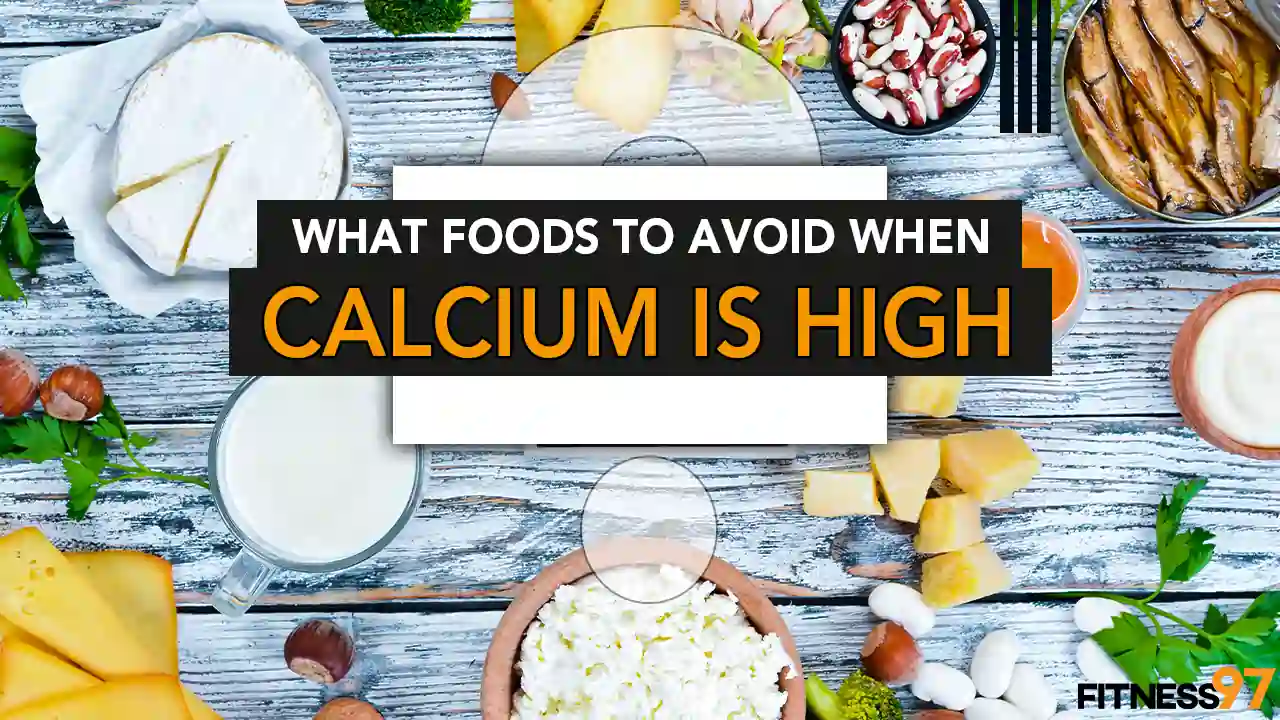Have you ever wondered what is the optimal number of meals you should have a day? You are not alone to think so. Eating balanced meals is necessary for our bodies to function properly. Every other expert has their own opinion regarding meal frequency. One says to skip breakfast, while the other says to have more than 4 meals. What and who to believe? And exactly how to know the optimal meal frequency per day? If you are confused about these questions, you are at the right place. Read on to discover the surprising answers to your queries.

Three meals a day?
A typical approach to daily meals is to have breakfast, lunch and dinner. It has been followed by the majority of people around the globe and has become a custom. People believe that three meals a day provide them with sufficient nutrients and keep them going for a whole day. Starting with a healthy breakfast, minimal lunch and heavy dinner keeps their blood sugar level in control, keeps them full throughout the day, and keeps their habit of eating at a specific time intact.
Having three meals a day might work for many but not for everyone. People who maintain proper physical activity along with 2 heavy meals a day, can manage it. Let’s have a look on the advantages and disadvantages of having meals three times a day:
Pros:
- It can keep you full for a long long time
- You will not crave unhealthy snacks
- Energy burst for a long time
- Saves time
Cons:
- Eating such large amounts of food on the go might cause digestive issues
- High calorie intake results in weight gain
- Not working for diabetic people due to the large gap between each meal time.
Smaller but frequent meals?
This is rather a new theory which suggests eating small portions of food every three to four hours. It can be categorized into three proper meals, with 3 snacks in between. The supporters of this theory claim that eating frequently keeps the ghrelin (hunger hormone) in check and does not cause unnecessary cravings. This diet also possesses both pros and cons:
Pros:
- Healthy snacking in between meals curbs hunger
- To eat more meals, people make sensible and healthy food choices
- Helps in calorie burn- thus weight loss
- Keeps blood sugar level controlled
- Do not require a proper assigned time to have it
Cons:
- Overdosage of snacks is the major setback
- High calorie intake results in fat accumulation
So, how many meals a day should you eat?
Honestly, it depends on you and what works best for you. There is no hard and fast rule for it. If you think you feel good having three proper sized portions of meals throughout the day; it keeps your energy levels high and mood better, you should definitely keep having your three meals a day. And if you think you are the one who would rather prefer having frequent small meals over the day, then go for it mate. You should let your body tell you what it needs. Focus on the hunger cues your body keeps giving you and decide to have meals based on their quality, not their quantity.
Conclusion
Eating more or less is not the point, eating according to your nutritional requirements is the bottom line. Eating more can make you fat and eating less can make you weak. So, a balance is necessary. The simple formula is to eat small portions after every few hours or just eat when you feel hungry and stop as soon as you feel full. It is believed that small meals in a day can burn more calories rather than heavy sized meals and keep blood sugar levels controlled.

I look up to fitness as a lifestyle and love to pen down about it. I have 2 years of experience in content writing and I am here to share my research and knowledge on health and fitness.













